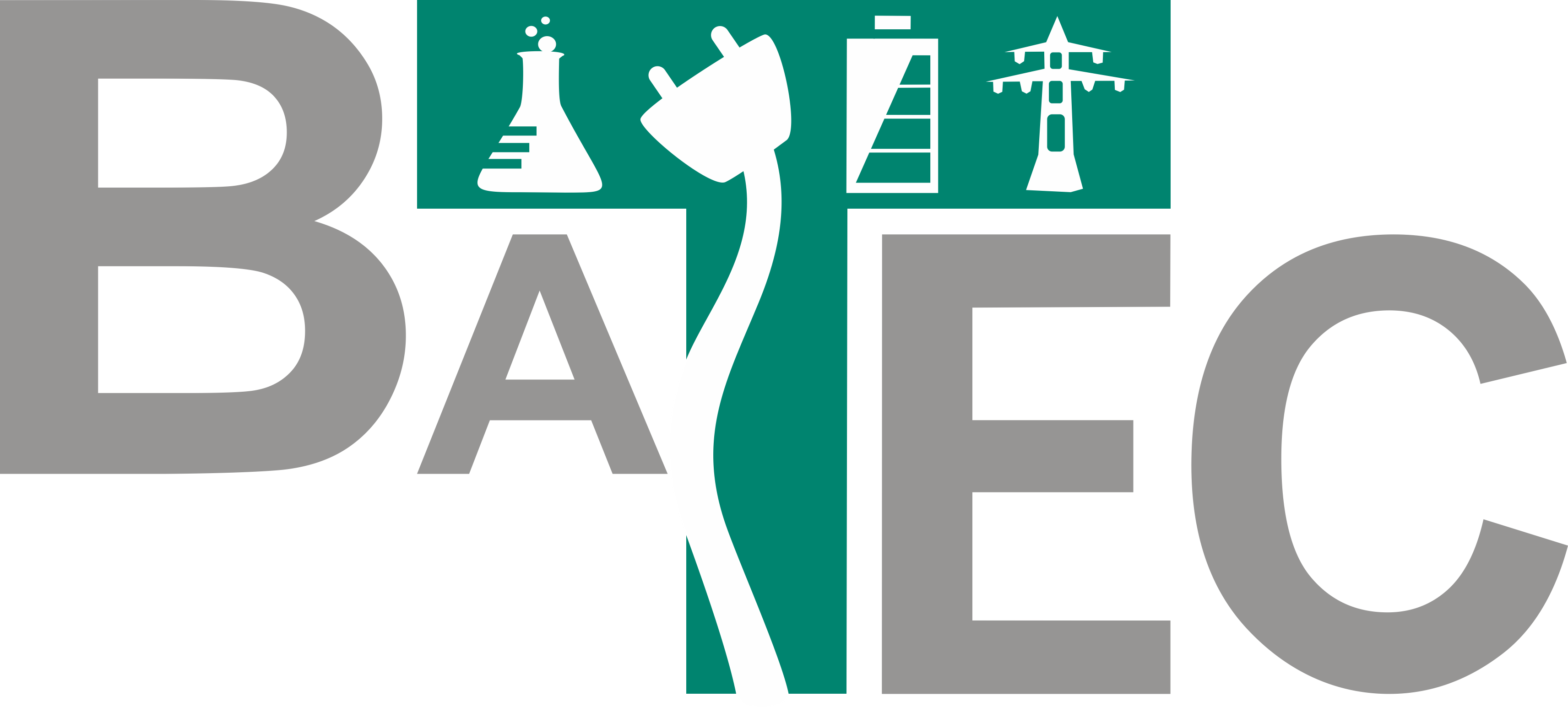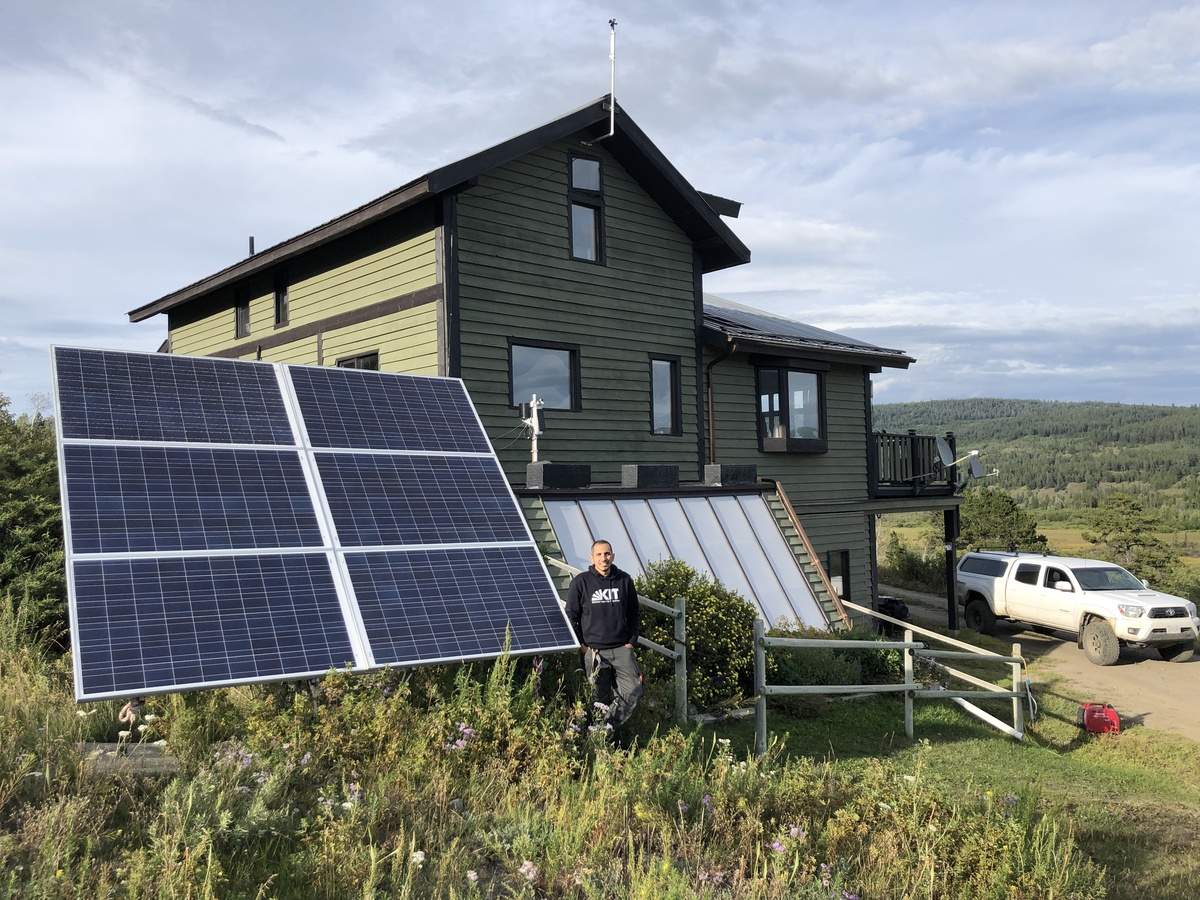Off-Grid Hybrid Storage Systems
Grid-independent hybrid energy systems (OHRES) use renewable resources such as wind and solar energy as well as backup generators to provide electricity in unreliable grid regions. A major challenge of these systems is the lack of reliable data to assess the technical and economic performance of systems in different regions. This is due to the lack of standardisation of technical and economic analyses for off-grid hybrid systems.
The KIT started 2017 with the support of "Affordable Energy for Humanity Global Change" (AE4H), a technical-economic study on OHRES systems. The aim is to perform a contrasting techno-economic analysis and system design optimization of two similar wind/solar OHRES systems installed in locations with very different climatic and economic conditions - Canada and Uganda. The aim is to understand how technical, economic and ecological interrelationships influence the economic feasibility and sustainability of OHRES systems.
Since August 2019, KIT's first OHRES has been in operation in a low-network region in Nemaiah Valley (British Columbia, Canada). The system is the main source of energy for a Canadian family household and provides reliable power for everyday life in the area without access to the grid.
The OHRES includes hybrid energy resources as solar PV, Genset and a small wind turbine (which will be integrated next year). In addition to newly integrated 48V DC Hybrid Li-ion and Lead-acid Hybrid battery system which expected to bring major technical and economic benefits, compared the traditional approach of a single technology (lead-acid or Li-ion Only) use.
Further information: https://ae4h.org/projects/ohres
Contact person: M.Sc.-Eng. Mohamed Mamdouh Elkadragy


